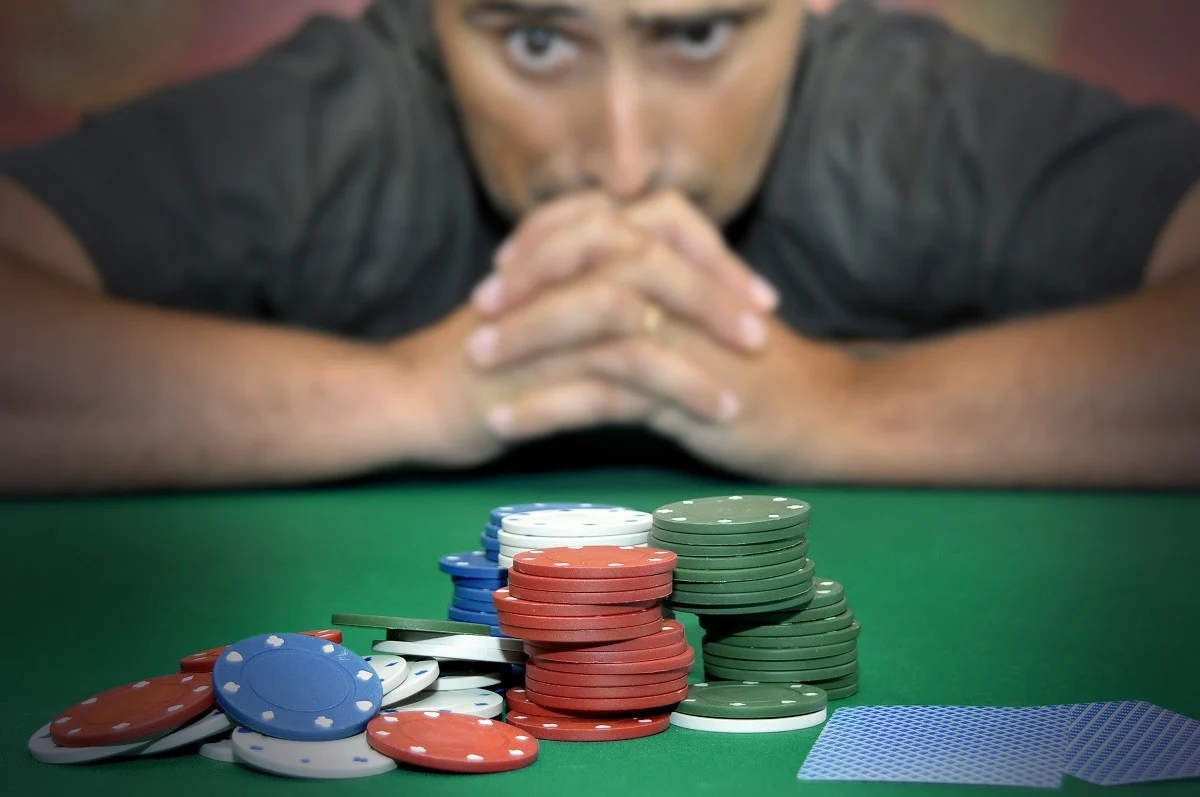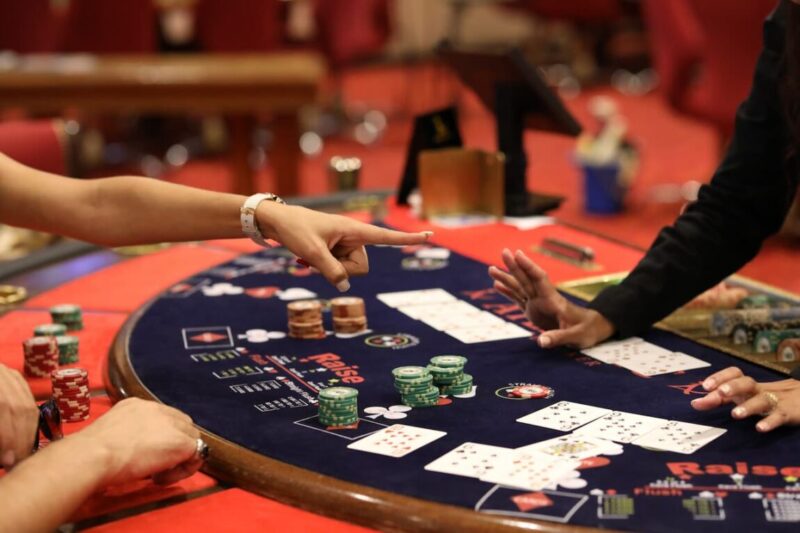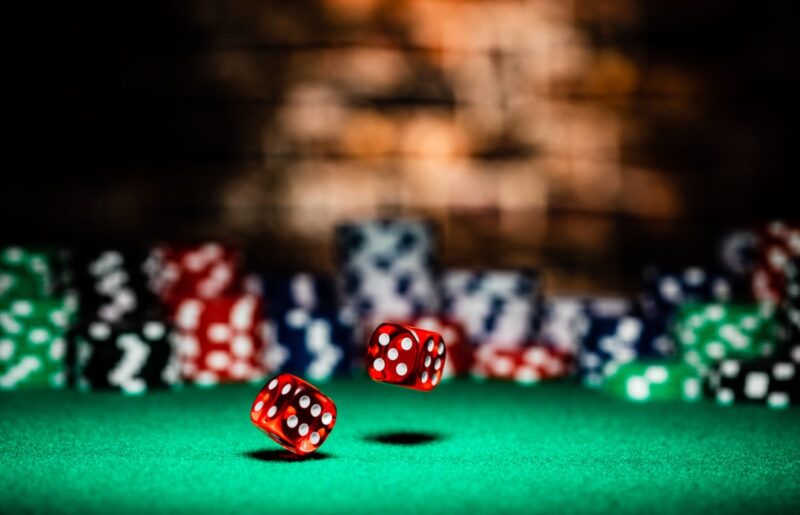Gambling is an age-old activity that captures the thrill of risk and the anticipation of reward. It spans cultures and continents, manifesting itself in various forms, from high-stakes casino games to casual online betting.
Despite the risk of loss, many people find themselves repeatedly drawn to gambling, often using surprisingly transparent justifications for their persistence.
The reasons for continued gambling vary from adrenaline-fueled excitement to complex psychological motivations, such as the inability to accept loss. These justifications form a revealing tapestry that showcases how deeply gambling is intertwined with human emotions and cognitive biases. Exploring these reasons not only offers insights into the behavior of gamblers but also sheds light on the universal human condition.
As we delve into the common excuses that gamblers use to justify their behavior, it’s essential to approach the topic with both seriousness and a touch of humor. For a fun twist on this exploration, including some light-hearted excuses gamblers might use, visit mpo slot.
The Thrill of the Chase
For many gamblers, the attraction isn’t just in winning money; it’s in the chase. The pulse-quickening excitement and the adrenaline rush that accompany the risk of betting are potent. This high, similar to what’s experienced in other risk-taking behaviors, can be addictive.
The action of the game, the lights, the sounds, and even the crowd noises can amplify this exhilaration, making the potential for a big win irresistible.
Chasing Losses

A particularly perilous mindset is the conviction that one can win back losses by continuing to play. This belief leads gamblers down a dangerous path of “just one more try.” The idea that a big win is just around the corner, despite accumulating losses, is a classic example of hope triumphing over experience.
This cycle can be hard to break, as each loss deepens the hole and increases the desperation to recover, pushing the gambler to continue rather than quit.
The Gambler’s Fallacy
Another common trap is the gambler’s fallacy—the belief that if something happens more frequently during a certain period, it will happen less frequently in the future, or vice versa. For example, if a gambler has been losing, they might believe they are “due” for a win.
This misunderstanding of probability can lead to increased betting, under the mistaken assumption that odds must eventually balance out. Unfortunately, each bet is independent, and the odds do not change based on past events.
Winning Illusions
Near misses and small wins can be deceptive, creating an illusion of skill or control over the game. These ‘almost wins’ trigger a sense of achievement and the belief that a big win is imminent.
This feeling is enough to convince many gamblers that they’re just on the verge of cracking the code of the game, encouraging them to keep playing in the hope that their strategy will soon pay off spectacularly.
Social and Entertainment Value

Many people gamble for the sheer entertainment value or to socialize. For these individuals, the money spent gambling is justified as the cost of entertainment, similar to buying a movie ticket or dining out.
The social aspect of gambling, whether at a live casino or via online platforms, can significantly enhance its appeal, making it easier to view losses as the price of a night out with friends.
Superstitions and Rituals
It’s not all logic and strategy; superstitions play a significant role in gambling. Many gamblers cling to rituals or lucky charms they believe will increase their chances of winning.
Whether it’s wearing a lucky outfit, carrying a lucky charm, or performing a specific routine before placing a bet, these rituals can make gamblers feel more confident and thus more likely to continue playing.
Funny Excuses Gamblers Use to Keep Playing
- “I’m just warming up!” – Many gamblers claim they’re just getting started and expect their luck to turn around any minute now.
- “The machine is due!” – This one ties into the gambler’s fallacy; the belief that a slot machine or a betting game is due for a big payout because it hasn’t paid out in a while.
- “It’s my lucky day!” – Despite losing, some gamblers insist that certain days are destined for good luck.
- “I have a system!” – Even in games of pure chance, many players insist their complex systems or strategies will eventually pay off.
- “It’s for a good cause!” – Sometimes, gamblers justify their behavior by claiming that their losses contribute to the local economy or some charitable cause.
- “I can stop anytime I want!” – A classic line used to deny the possibility of a gambling problem.
- “One more try and I’m done!” – Often said multiple times in one gambling session, suggesting just one more game to hit the jackpot.
- “I’m just here for the free drinks.” – Some players use the perks offered by casinos as a humorous excuse for their continued play.
Financial Desperation

Sometimes, the drive to gamble is fueled by financial desperation. For those struggling financially, the prospect of a quick fix in the form of a substantial cash win can be too tempting to resist.
This motivation is particularly dangerous because it encourages taking bigger risks in the hope of a bigger return, often leading to more profound financial problems and a deeper dependency on gambling.
Escapism
Gambling can also serve as an escape from personal problems or stress. The immersive nature of gambling environments helps distract from everyday troubles and can provide a temporary sense of relief or forgetfulness.
This escapism can be so captivating that the negative consequences of gambling, like financial losses, become a secondary concern, overshadowed by the relief gambling provides.
Each of these justifications reveals the complex, multifaceted reasons why gamblers continue to play, even when the odds are against them. Understanding these reasons is crucial for anyone caught in the cycle of gambling, as recognizing these patterns is the first step towards making healthier choices.
Whether driven by emotion, psychology, or social reasons, the excuses to keep gambling can be powerful but ultimately destructive if not managed responsibly. As fascinating as the psychology behind it is, the real challenge lies in confronting these justifications and making informed, conscious decisions about when to play and when to walk away.


